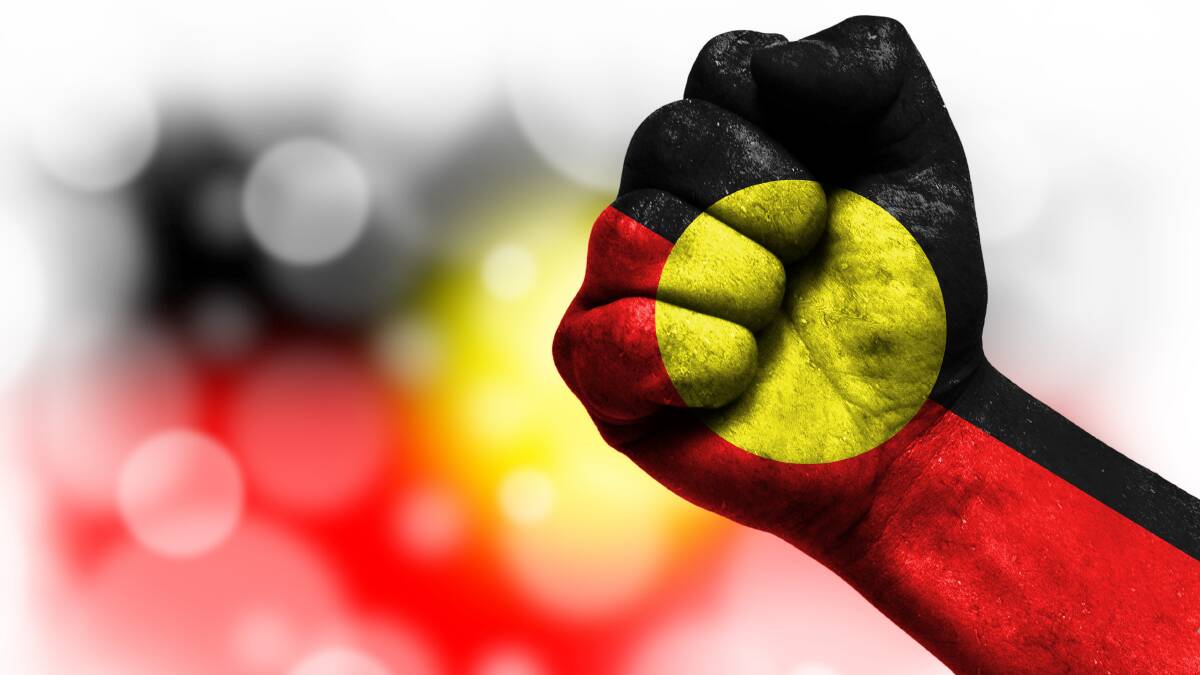
While there is much to be proud of and celebrated in the history of our nation, there is also much that we should be ashamed of.
Subscribe now for unlimited access.
$0/
(min cost $0)
or signup to continue reading
Admitting this is the first step towards healing and inclusion.
I recently read Tasmanian author Cassandra Pybus' novel: Truganini: Journey Through the Apocalypse.
Using historical records, this haunting book takes you back to the early days of our colony, brings its characters to life and puts you in the frame as you bear witness to the dispossession, violence, murder and attempted genocide of an entire race of proud people.
Totally mesmerising, infuriating and utterly heartbreaking.
I can guarantee everyone who reads and understands the significance of this book will never question the moral need to work towards true reconciliation with our proud and defiant Tasmanian Aboriginal community, whose growing community is very much with us today.
It's worth asking yourself, 'Is Australia a racist country?'
Why do we continue to celebrate our national day of identity, Australia Day, on a date that is so offensive and hurtful to first nations communities?
To an increasing number of Aussies, Australia Day has become Invasion Day, and is not a cause for celebration and partying.
Instead, it is a time to reflect on and confess the truth of our nation's crimes against its aboriginal community.
It is also a time to consider how we heal this wound and go forward, truly united as a proud nation.
To achieve reconciliation and treaty there must first be recognition of the past and truth telling.
Until Australia openly engages in respectful discussion that accepts truth telling; recognises an indigenous voice; and creates a treaty, we as a nation really don't have much to celebrate.
Marking January 26 as our national day will never create an inclusive society - the very concept that Australia Day is meant to encompass.
A national day of celebration should be on a day where everyone can celebrate the country they live in.
January 26 is not that day. A growing number of Australians agree that it is inappropriate.
But in lieu of a federal government with the foresight to reset our relationship with our indigenous brothers and sisters, the Australians who recognise that January 26 is not the date for our national day have a duty to stand up for what we now know to be right.
The question as to whether Australia is a racist country depends on how you define racism, but even the lack of any significant dialogue with the indigenous communities can be considered culturally discrimination, bordering on racism.
Australia is also not immune to the increasing menace of overt racism, such as we witnessed in the recent tragic and shocking Christchurch massacre by an Australian white supremacist, or even the ugly racism publicly directed at Indian cricket players this summer. I believe a more pervasive and insidious form of racism we need to tackle is casual racism.
Casual racism occurs when you say or do things without being aware of the consequences or impacts on others.
Often it is not the intent to offend, but it nevertheless does.
It usually arises from ignorance. Setting a day that celebrates our national identity on the day white colonisers - indeed invaders - arrived on these shores, raised their flags and began the dispossession of its original owners, while not intentionally seeking to offend, is straight-up casual racism.
How can it not be?
But casual racism can be overcome with education and awareness.
Reflecting on my own life and experiences with the wisdom of hindsight I admit I'm not immune to casual racism.
Not many of us - especially older generations - have been.
While I'm not proud to say this, I hope that my journey of discovery - like many others - is testament that we can all learn and change.
If we know and feel this is possible as individuals, then it is possible for our nation to change: we have to believe that.
So, on the January 26, our public holiday next week, I will again be marching with the Tasmanian Aboriginal community to call for the date that celebrates our national identity to change, to call for inclusion, for truth telling and for a treaty.
Every year these marches get bigger.
They are positive and powerful events that allow us to explore and reflect on our living Tasmanian aboriginal culture and community, what we have lost and what we can gain as a state and country if we achieve true reconciliation.
Australia Day is Invasion Day. I feel very strongly about this.
By choosing this day to celebrate our identity, it makes us a racist country, intentional or otherwise.
We must change the date as the first step towards reconciliation if we are ever to be a proud and truly united country.
- Peter Whish-Wilson, Tasmanian Greens senator

